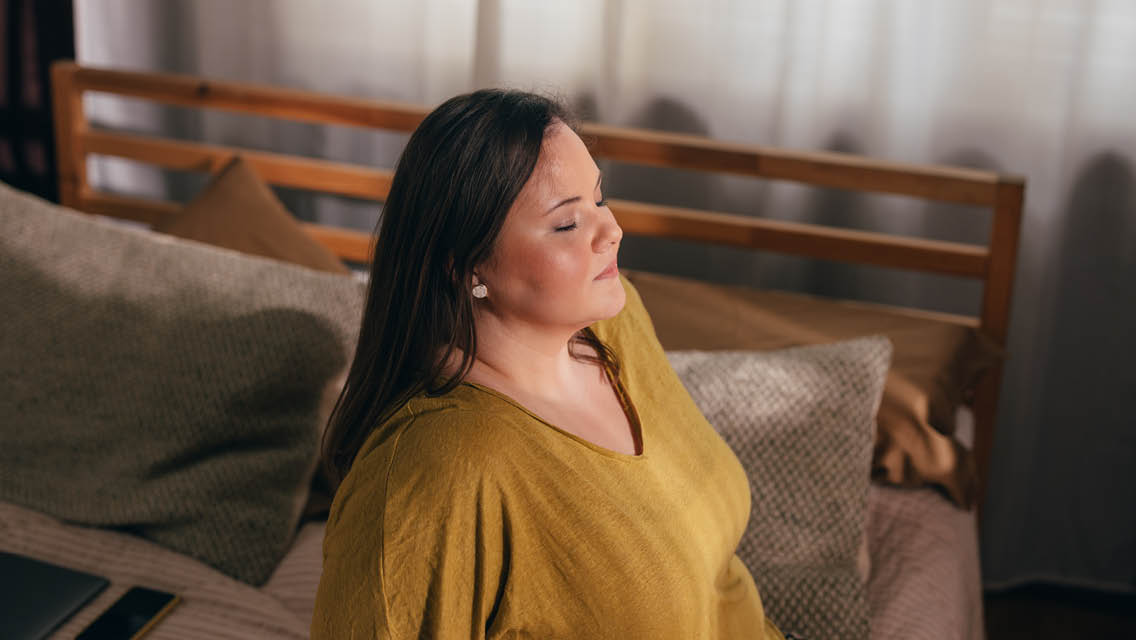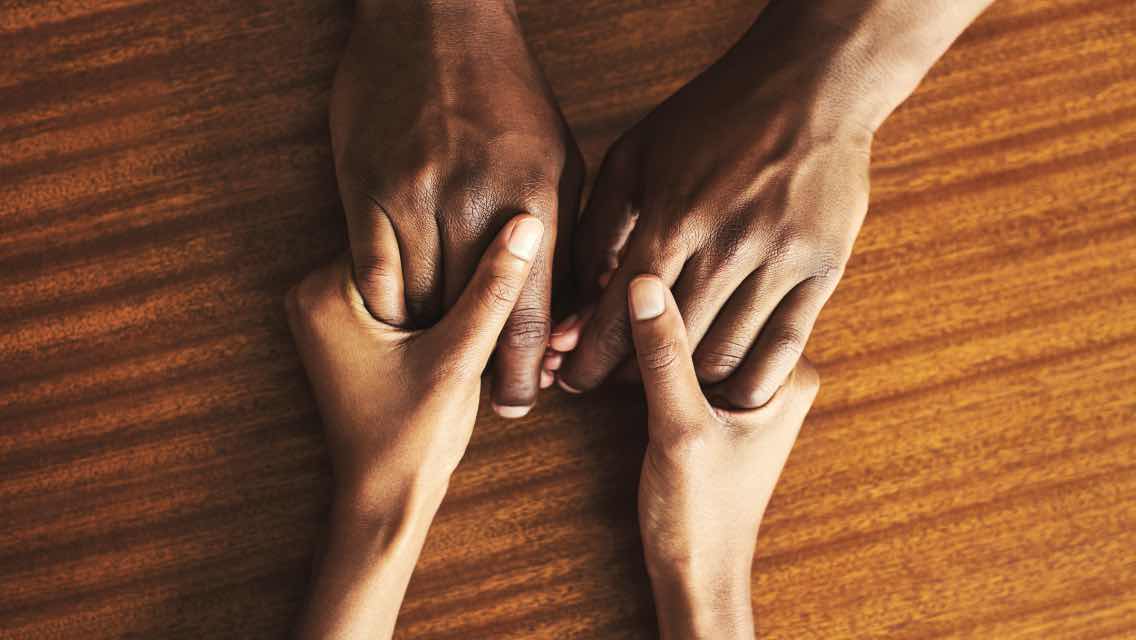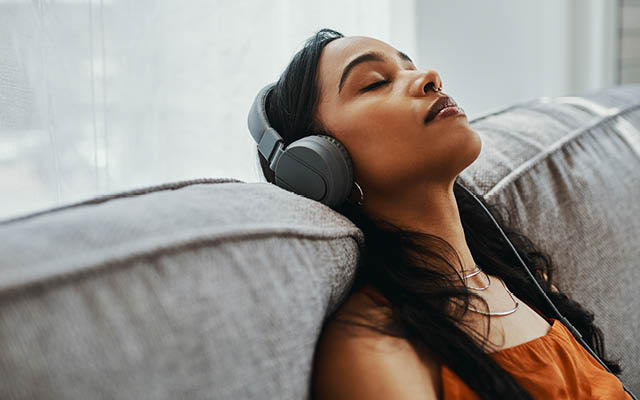A panic attack will eventually end on its own, but you can ease the process by sending the message to your amygdala that it’s safe to stand down. Here are several ways to do so.
- Breathe deep to counter hyperventilation with its opposite: slow breaths originating from your diaphragm rather than your chest (place one hand on your abdomen and one on your chest to ensure you’re breathing from your belly). (Try this mindful breathing practice that may help you to turn a stressful situation into a learning opportunity.)
- Place an ice pack on your face or the back of your neck. Cold exposure can help bring your heart rate back to baseline.
- Scan your body to notice which areas are tight, then try flexing and releasing the muscles until they soften on their own. Tight muscles increase amygdala activation; relaxed muscles signify safety.
- Move your body to reduce adrenaline and burn off excess glucose that was released into the bloodstream as part of the stress response. Stick with mildly aerobic physical activity, such as a brisk walk, to avoid re-accelerating your heart rate.
- Reorient yourself to the present moment. Especially during panic attacks triggered by trauma reminders, it’s crucial to engage your senses to help redirect your mind to the here and now. Consider sniffing a calming scent such as lavender or sucking on a mint.
- Use the 5-4-3-2-1 technique: Scan your surroundings and identify five things you can see, four things you can touch, three things you can hear, two things you can smell, and one thing you can taste. This will help reorient yourself to your surroundings.
- Remind yourself that panic attacks can’t kill you. This will help break the cycle of worrying about future attacks.
Learn more about what panic attacks actually are at “Understanding Panic Attacks” from which this article was excerpted.





This Post Has 0 Comments